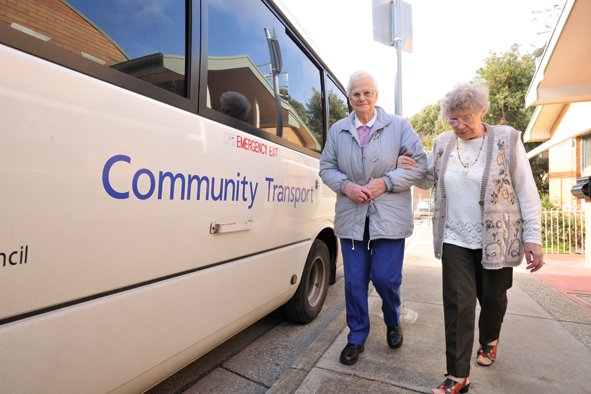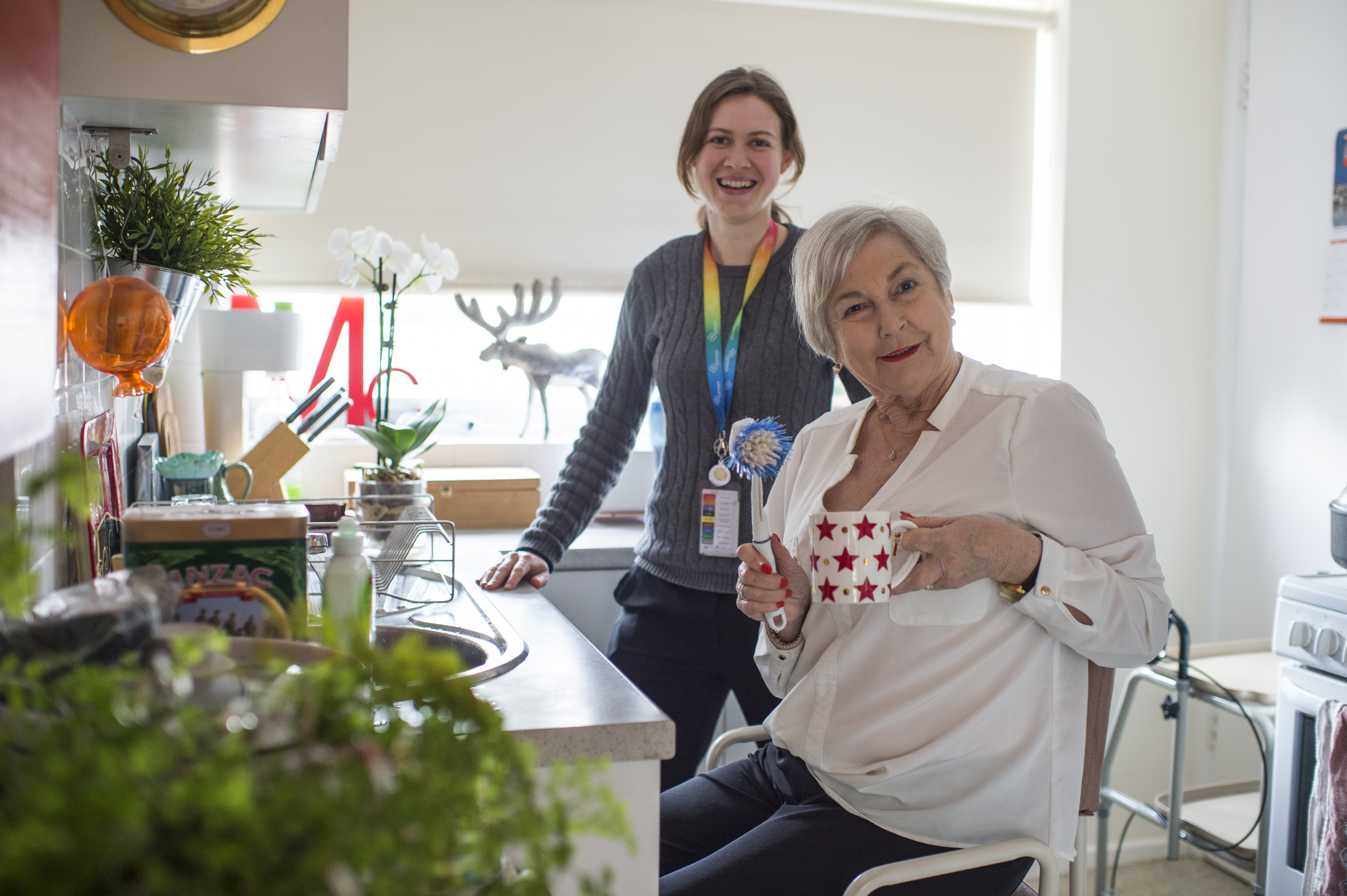Select from the following services
Stress can be harmful and have a big impact on our mental health. The following tips from our friends at the Black Dog Institute can help you work through the various stresses you may encounter in your day.

Visit https://www.blackdoginstitute.org.au/ for a range of tools and resources dedicated to improving mental health.
Connect Health & Community’s counselling team is here to help.
Our experienced counsellors are professionals with social work, counselling and psychology backgrounds. They provide counselling services to people of all ages, from pre-school through to older adults.
We understand that we all experience challenges in our lives at some point. These could include concerns relating to relationships, families, education, workplace, loss and/or health, when seeking support from a counsellor could be beneficial.
For more information, call us on 03) 9575 5333 or click here to request a booking or a call back for more information.
A youth mental health initiative developed with students during Victoria’s lockdowns, is hoped to help reduce the stigma surrounding mental health issues and encourage teens to seek help early.
Read MoreOur Health Promotion team is supporting early learning centers through the Achievement Program, an initiative that helps services create a healthier environment for their students, staff and families.
Read MoreThis Children’s Week, we asked our paediatric team to share some of their favourite activities for kids that embrace the importance of play for a healthy lifestyle.
Read More
Speech pathologists provide assessment and management of communication, swallowing and feeding difficulties.
Read More
We have been offering safe and quality door-to-door transport options to our community since 1975.
Read More
We provide Occupational Therapy to help children, adults and those experiencing mental health issues, to achieve their full potential.
Read MoreSelect from the following services